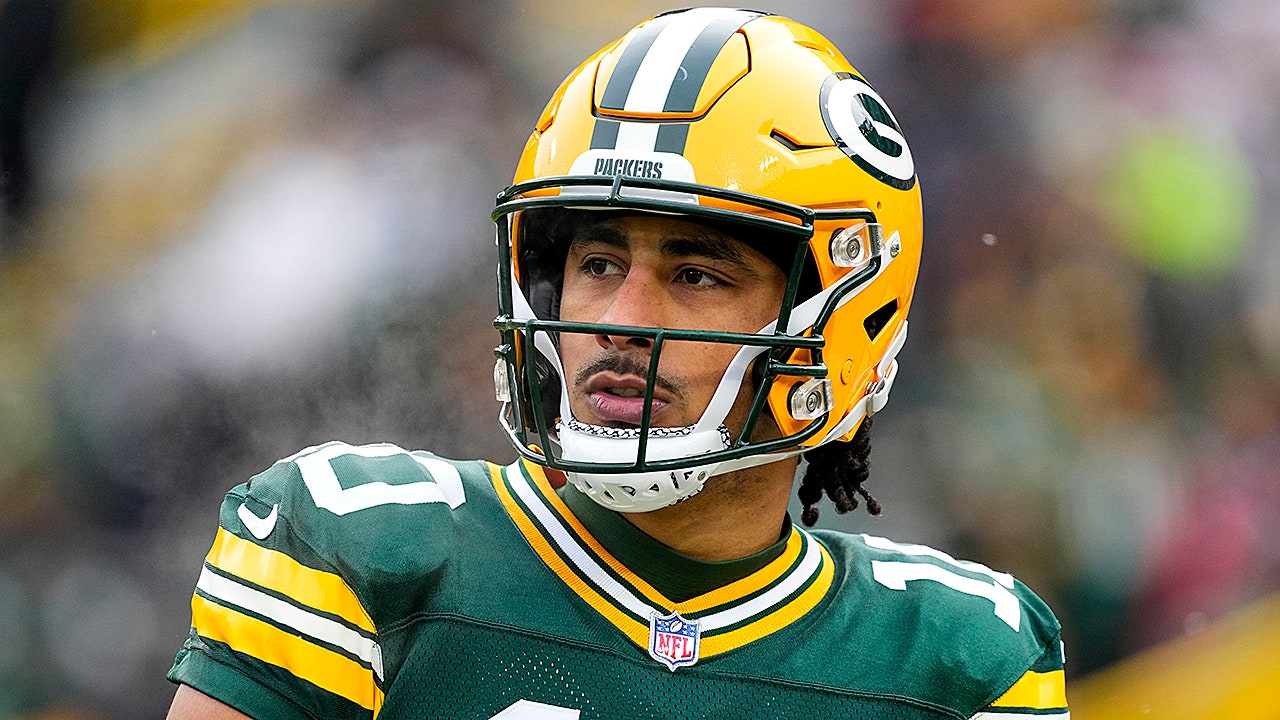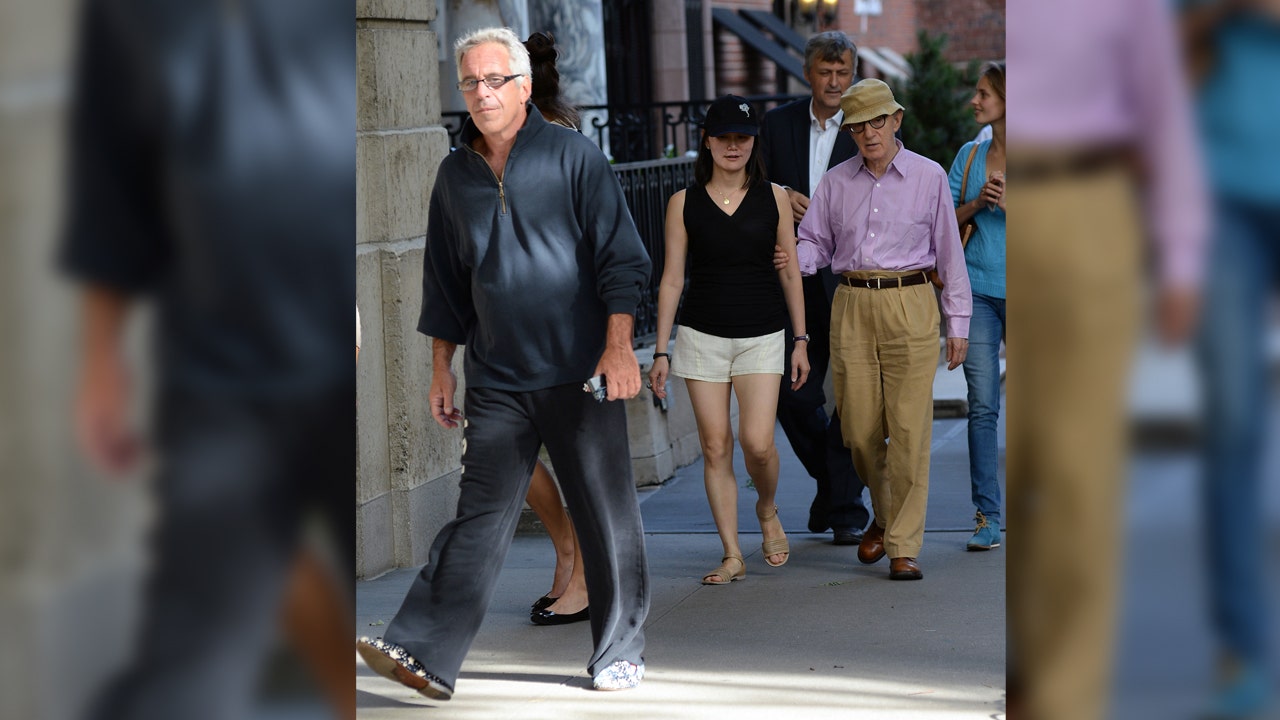Why eating at 6pm is the most civilised thing you can do
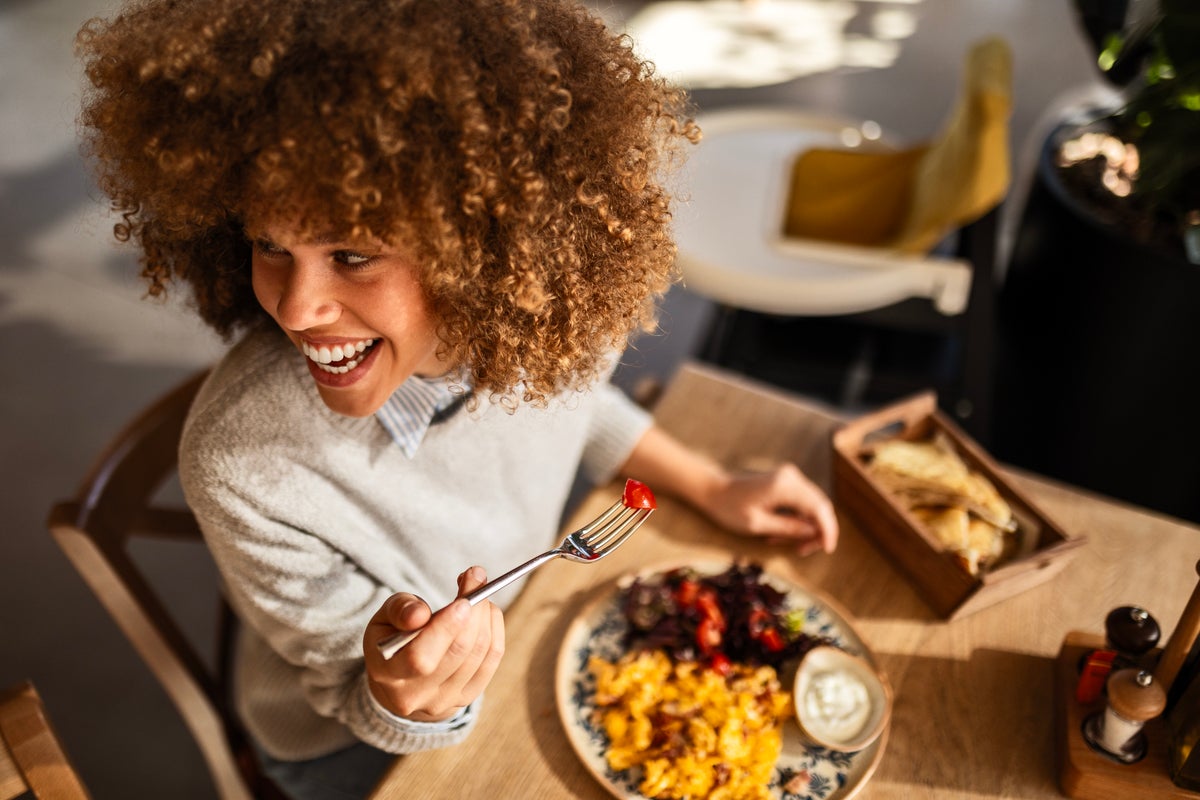
I’ve booked us a table for 8.30pm – hope that’s OK!”
Few messages are capable of filling me with such instant dread. I am very fond of the friend in question – I wouldn’t be meeting her for a midweek dinner if I wasn’t – but she is testing the limits of my affection.
“Thanks! Didn’t they have anything earlier??” I ping back, with little hope that the inclusion of my own exclamation mark will do much to mask the pass-agg undertone.
“It was that or 6pm, sorry!”
In that case, book it for 6pm, you sadist!, I want to scream at my phone. Alas, convention forbids it. Until recently, admitting my preference for the early-bird option would have been tantamount to buying a pair of carpet slippers and applying for an OAP bus pass. But the tide might finally be turning: Gen Z are tearing up the status quo and writing their own restaurant rulebook and I, for one, have never been happier.
According to OpenTable, the online restaurant reservation service, early evening bookings have surged in popularity, reports The Times. Reservations at the 6pm slot, in particular, have risen by 11 per cent in London and 6 per cent across the UK, year on year. Dining even earlier, at 5pm, has also seen a boost of 10 per cent.
Restaurants are getting in on the act and incentivising early eating. One site, First Table, gives diners 50 per cent off at a host of trendy London eateries when they book in for less-coveted slots, usually between 4.30 and 6.30pm. Counter 71 in Shoreditch, meanwhile, has started offering a cheaper early evening set menu for £50, making it a more accessible and affordable option than its usual £130 tasting menu.
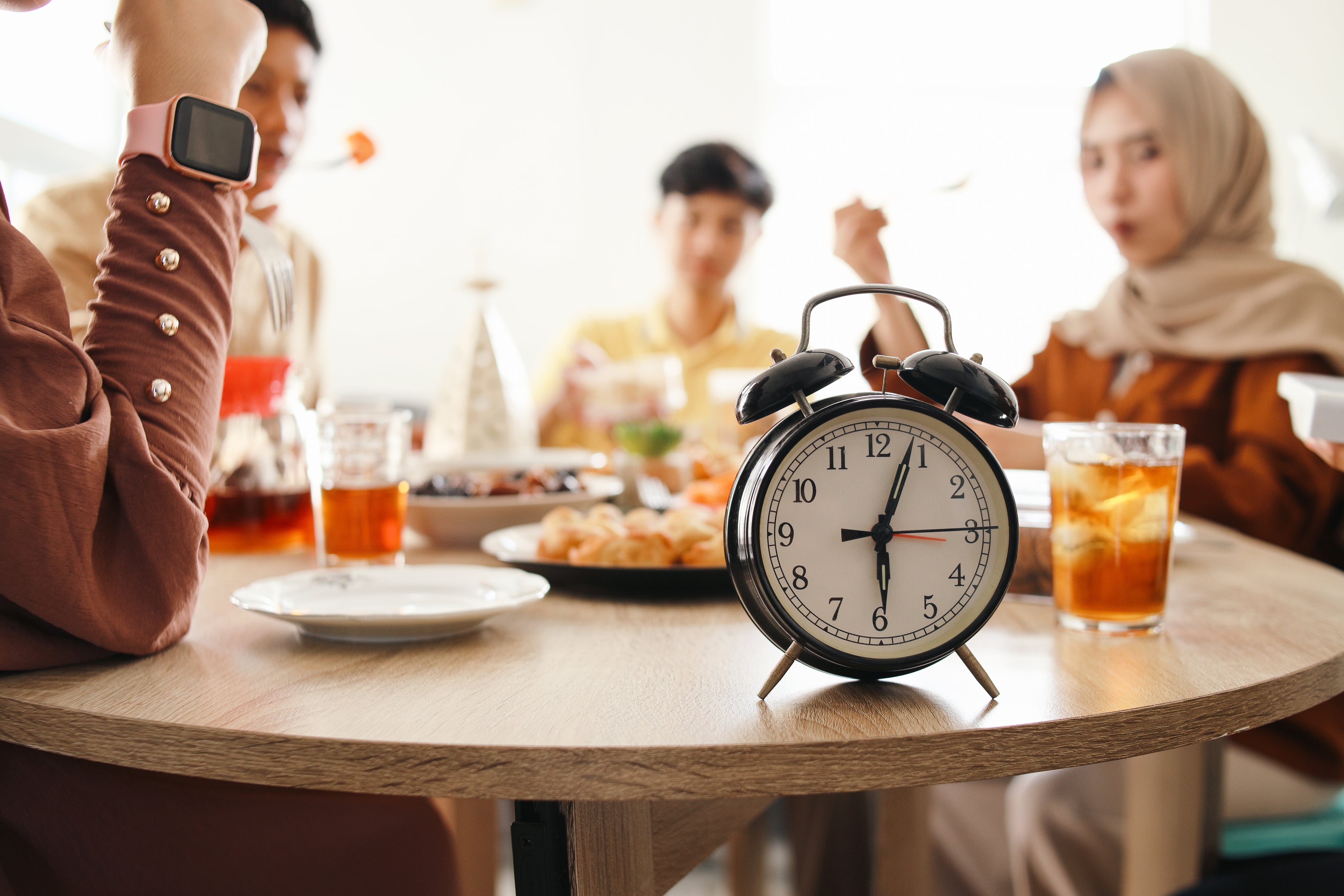
The new UK average dining time at restaurants is now 6.12pm, according to hospitality tech service Zonal, with almost half of bookings between 1-6pm. While their data shows that 7pm remains the most sought-after booking time, 6pm and even 5pm reservations are vastly preferred to 8pm – garnering 29 and 14 per cent of reservation enquiries respectively, versus just 10 per cent.
In this regard, I like to think I was something of an early adopter (pun intended). I’ve always been partial to a dining time more commonly associated with the silver-haired market; in my heart of hearts, I know that 6.30pm is just about perfect. Imagine – you can head to the restaurant straight after work, relax, catch up, and be wrapped up by 8 o’clock, ensuring you’re back home and abed at a reasonable hour. What luxury!
Conversely, book me a table for 8pm or later and I’m already anxious, or hangxious, should I say – my own personal portmanteau of “hungry” and “anxious” – before the evening has even begun. I want to enjoy the ambience of the restaurant, peruse the menu at leisure, engage in a healthy amount of opening patter with my dining companion before we get down to the serious business of ordering. But I simply can’t – not when every ounce of my attention is centred on my hollow, rumbling stomach.
Any attempt to eat past 8.30pm automatically necessitates dicing with night-long indigestion
Let me break down my fears: say the booking was for 8.30pm. My friend might be 10 minutes late, as so often happens – the bus didn’t show, the Uber went round the houses, etc, etc. By the time she’s whirled in with her apologies, taken off her coat and used the loo, another 10 minutes have elapsed. We’re not even putting our drinks order in till 8.50pm, and then must endure at least another 10-minute wait. Are we ready to order food? Ha, of course not! My friend has been too busy telling me about her latest work drama – normally something I’d be very invested in, but which right now has prompted me to develop a stress-induced eye twitch – to glance at the menu. No worries! The waiter “will be back in a bit”. Cue another endless 15 minutes until he finally returns. The time is now 9.15pm and in all likelihood I won’t even be starting my meal until 9.35pm, at the earliest. Meanwhile, my insides are eating themselves and I’m envisaging the long train journey home, the fact I won’t be in bed till midnight, the crushing knowledge that I will sleep abysmally, weighed down with far too big a meal consumed far too late in the day…
This last instinct has only become stronger in my thirties, when any attempt to eat past 8.30pm automatically necessitates dicing with night-long indigestion. However good an evening out you’ve had, the memory is all but obliterated after spending the hours between 2am and 5am groaning and writhing around in discomfort while your digestive tract slowly whirs into gear.
Science backs me up on this one: research has consistently shown that it’s the earlier, the better when it comes to dinnertime. While it might feel very chic and continental to order tapas past the watershed, health-wise, it’s a disaster: late eating has been linked to higher risks of obesity, diabetes, poor sleep and even early death. It’s thought to be because our bodies are much more efficient at processing food in the morning than later on, and we become less insulin-sensitive as the day progresses.
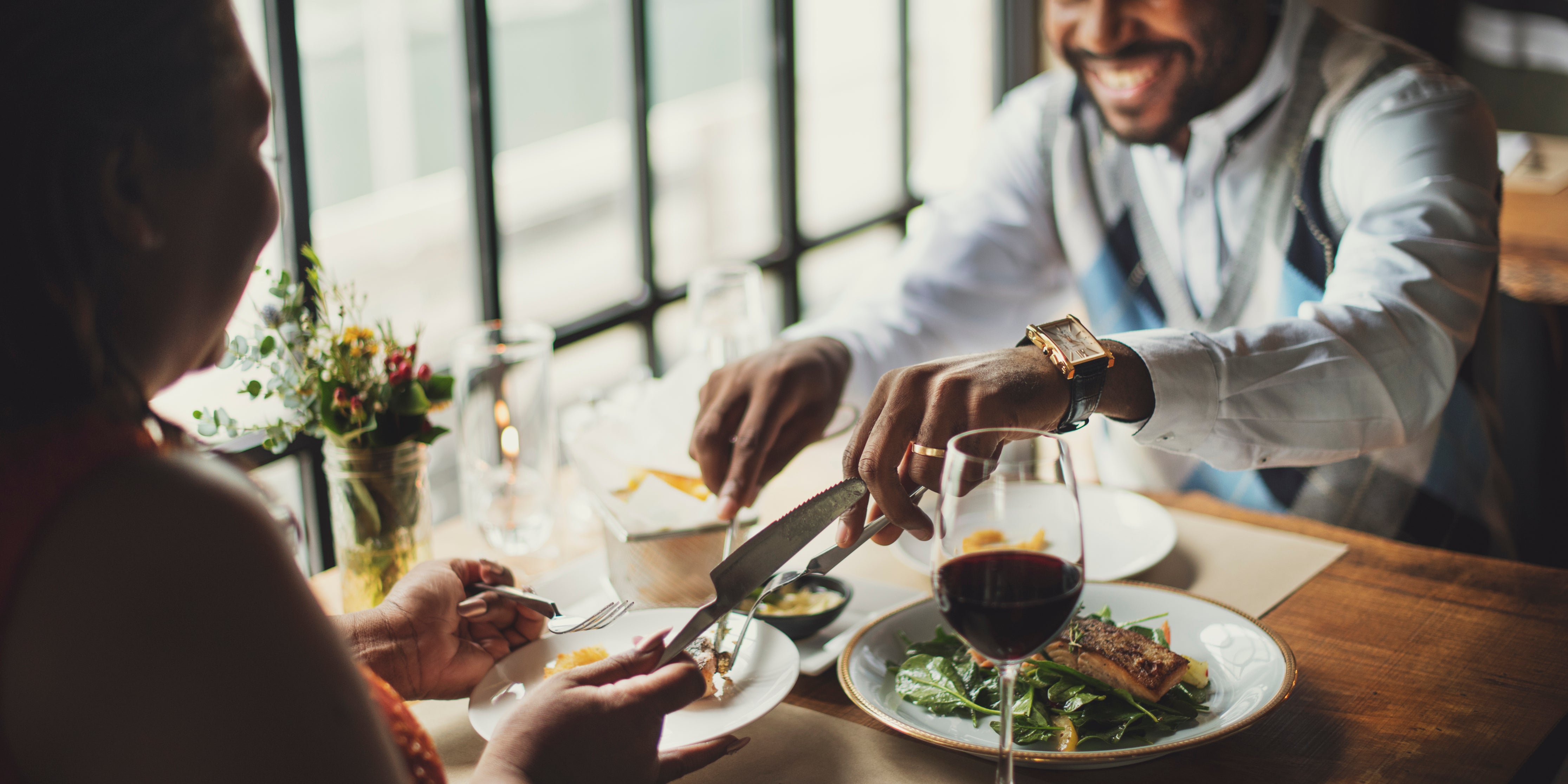
This is partly down to our inbuilt circadian rhythm. “Your body is best at digesting food/drinks when you are active and light is present,” according to one paper, When to Eat: The Importance of Eating Patterns in Health and Disease. “Thus, eating/drinking when your body expects you to sleep/rest, and it is dark, can disrupt this system and compromise metabolism.”
While scientists haven’t agreed on a standard set period in which to sup, “have your last energy intake of the day as early as possible,” advised Jonathan Johnston, professor of chronobiology and integrative physiology at the University of Surrey, in an article by the BBC. “That is probably the clearest message that we have.”
Each to their own, of course – you may obviously dine at whatever time you please. But just know that, from here on out, if it’s after sundown I likely won’t be joining you. Bon appetit!
[title_words_as_hashtags


